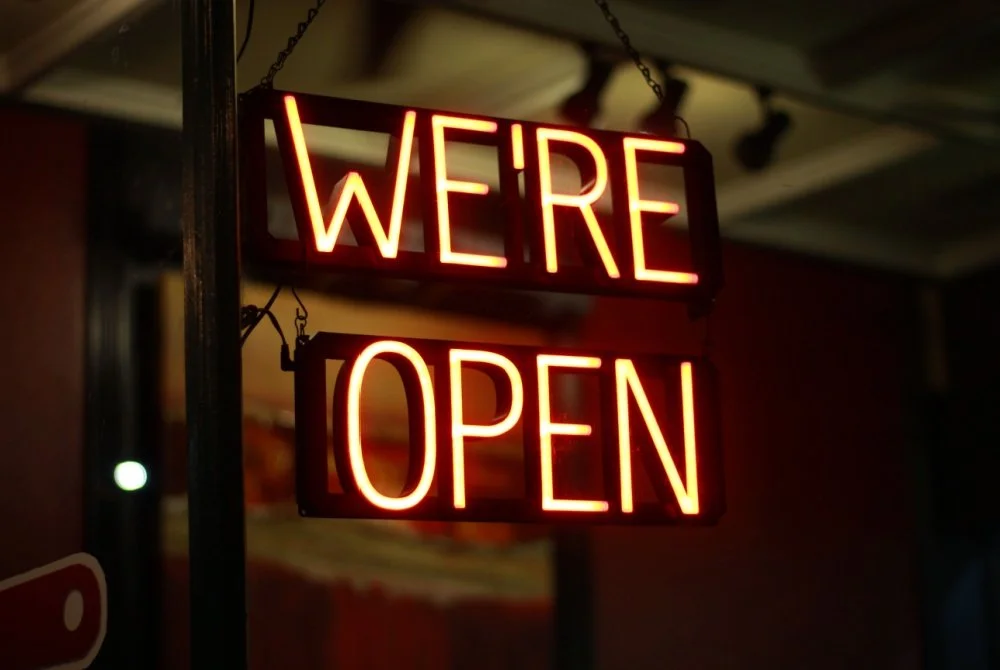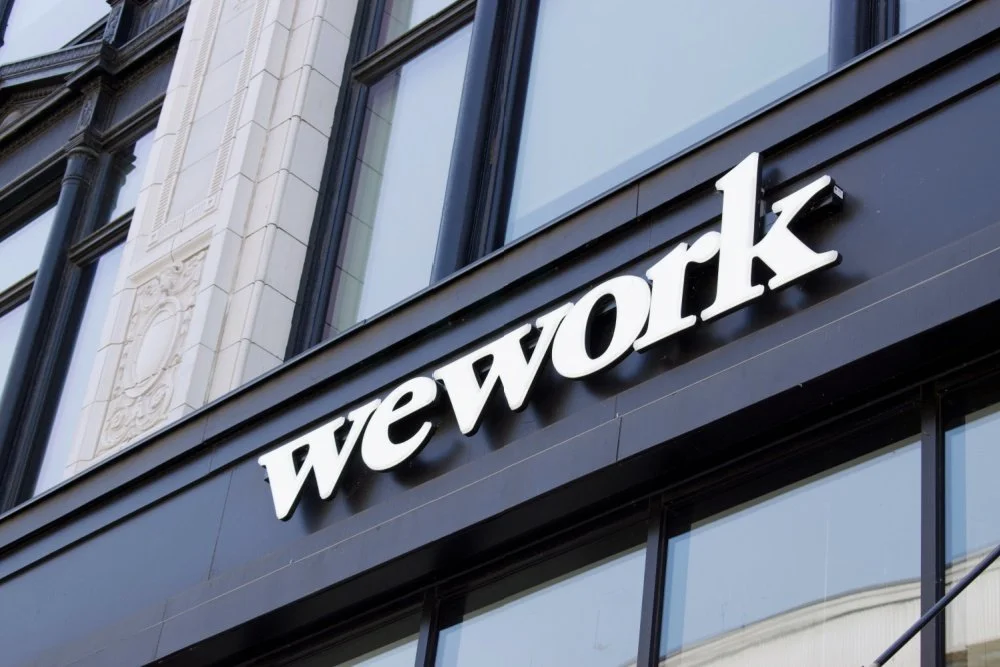The Kids Are Alright: Millennials Reluctant to Give, But Donate Generously When They Do
/Despite a reputation for being self-centered, millennials are actually more generous than their elders when it comes to charitable giving, a recent study found. That said, young people are slightly less likely to give in the first place than past generations.
The researchers Peter Koczanski and Harvey S. Rosen, both economists based at Princeton University, were inspired by media reports from the last decade that characterized millennials as entitled and selfish.
However, at the same time, other research painted the young generation as thoughtful and generous. Many trends that critics cite to criticize millennials’ perceived deficiencies may actually be byproducts of economic circumstances, including student debt. Those trends include moving back in with parents, difficulty starting careers and delaying traditional milestones like marriage, parenthood and home ownership.
Examining millennials’ giving habits would be one way to settle the debate, the two economists posited. They examined data capturing the giving habits of people born from 1981 to 1996.
The resulting study didn’t clear up old debates about the relative altruism of the millennial generation as a whole, but does reveal new information about young people who do give to charity. Specifically, that millennials who give to charity actually give more than older generations, when income, wealth, marital status, number of children and other factors are taken into account.
Millennials Who Give
Peter Lipsett says that tracks with what he’s observed as the leader of DonorsTrust’s Novus Society, which works to cultivate young philanthropists. Lipsett is a vice president of the conservative, libertarian-leaning donor-advised fund.
“It jives right with other studies we’ve seen, which is that millennials are engaging in philanthropy more than any other generation and they see that that whole idea of being philanthropic and charitable, and using their dollars not just to buy stuff for themselves but to pull social levers, matters,” he said. “They just don’t have the resources yet to do it in a big way. I think the ‘yet’ part is important.”
There are also organizations on the left that organize young donors. Resource Generation focuses on cultivating young people who inherit their wealth. While the group was founded in the 1990s, its mission has grown more timely as millennials from wealthy families come into their inheritance.
Among the Novus Society members, Lipsett noticed a few characteristics common among the young donors he works with, some of which were also supported by Koczanski and Rosen’s findings.
For starters, young donors often identified as being part of a religion. Those who identified as being part of a faith community weren’t just more likely to give to religious institutions, but were also more likely to give, period, Lipsett said. Other recipients included think tanks, public interest law firms, universities and student groups that donors had been part of, he said. That tracks with the priorities of DonorTrust’s broader pool of donors, which tend to support institutions that champion conservative and libertarian ideals, including free enterprise, limited government and personal responsibility.
“Religious giving is a good gateway into broader giving,” he said. “Just like how we work out to get stronger and eat right so we’re healthier, we have to establish the habit of giving. The faith-based community is obviously very big on that.
“It’s a very important component of pretty much any religion. If you’re part of church, you’re used to building those giving habits already. You don’t get that out of going to Orange Theory,” Lipsett said, referring to the boutique chain of exercise studios popular among young city dwellers.
The study’s authors also identified religion as a big indicator of a young person’s generosity, though they also noted that the same was true for past generations. However, like the rest of their cohort, religious millennials who donated to charity gave more than religious members of older generations, the researchers found.
Religion isn’t the only thing that motivates young donors, Lipsett said. Contact and familiarity with the nonprofit sector was another big predictor of interest in philanthropy. Working for a nonprofit or having a friend or significant other who did gave millennials insight into how much a donation could matter to an organization, he said.
Contact with an organization also builds trust, Lipsett said. That was one factor behind young donors’ tendency to give to a church, school or student group they had belonged to, he said.
That tracks with Ben Bateman’s personal giving experience. Bateman, a millennial, is now the head of growth at GiveWell, a nonprofit that advises donors and recommends charities based on their effectiveness. However, he first came into contact with GiveWell as a donor through a friend who worked for the organization and encouraged him to give.
“I hadn’t given to charity before,” Bateman said. “I had always been a little skeptical. I’m a generally skeptical person and always had been a little skeptical of charity. It felt like a nice thing to do, but I never understood what those charitable dollars would actually do. Through giving through GiveWell, I came to feel giving was really important.”
GiveWell doesn’t collect information about its donors’ ages, but anecdotally, Bateman said the nonprofit’s supporters skew younger. The accountability GiveWell provides through its research is a big part of the organization’s appeal to millennials, he said. That transparency was a big part of what convinced Bateman to get involved as a donor, and he believes motivated others’ gifts.
“I came to feel that doing something good with my life was really important to me. I worked in tech and started to feel that existential, ‘Does what I’m doing really matter? What can I do that’s really important?’” he said. “I hadn’t really thought of charity as a path to accomplishing that before, but through giving, and through giving through GiveWell, I had confidence that my donations were actually accomplishing a lot because I really trusted their research.”
“You can really accomplish a lot through your giving,” Bateman said. “I feel like that can give a really important sense of identity.”
Koczanski and Rosen didn’t get into which causes millennials favor. However, earlier studies shed some light on that area. A 2016 study found young donors who inherit their wealth tend to give to education, basic-needs charities, animal welfare, environment, civil rights and activism, while shunning arts and culture.
Other studies predict the rising importance of women donors as millennials come of age. Millennial women tend to hold more sway over a couple’s finances and philanthropy than earlier generations, a 2017 study from the Women’s Philanthropy Institute found.
Millennial women also approach giving differently from their older counterparts, though they often champion the same causes, a 2017 study from Fidelity Charity found. Like women from past generations, millennial women prioritized disease treatment and prevention, hunger, access to healthy food, healthcare and basic health services.
At the same time, younger women were more likely to give to international causes and in support of girls and women than older women. They were also more likely to give spontaneously, be swayed by emotion, and talk openly about their philanthropy and use it to form relationships, the study found.
Millennials Who Don’t
Still, while the Koczanski and Rosen study found that millennials who gave to charity gave more than older generations, they were less inclined to give in the first place. The two scholars had some ideas as to why that might be.
Age could play a role, they thought. Obviously, millennials are younger than the other generations examined and would have less time to gain firm financial footing and amass wealth. The oldest millennial in Koczanski and Rosen’s dataset was 33. Delays in reaching many of the milestones typically associated with adulthood could also delay the development of what the authors called “prosocial” behaviors like concern for others.
It probably goes deeper than that—to the economic and social factors that have delayed the generation’s transition into a traditional adulthood, Lipsett said. Specifically, he highlighted student loans.
“More than with past generations, they’re dealing with student loans. I think that’s really weighing on folks’ minds in terms of where their cash flow is going to go,” Lipsett said. “I think those student loans and those types of things are really sucking up (a) their dollars and (b) their mental bandwidth.”
Many millennials also graduated into the 2009 recession and its aftermath, when jobs were scarce. On top of that, wages have failed to keep pace with higher costs of living. Just as millennials struggle to build the capital they need to buy a house or start a family, many may not have reached a point in their careers where they can afford to give part of their salaries away.
Rising secularization could also be a piece of the puzzle. If people who identify as a part of a religion are more likely to give, as that number shrinks, a generation may on average be less likely to give.
Millennials may also give through avenues not tracked by researchers or considered to be philanthropy by the establishment, Lipsett said. That includes through websites like GoFundMe.
The encouraging news, though, is that millennials are definitely giving.
“What gets me excited is that millennials are engaging in philanthropy and growing those charitable muscles, even before they have the resources to do it in a big way,” Lipsett said. “I think that bodes well for civil society in the long term.”
Related:







































